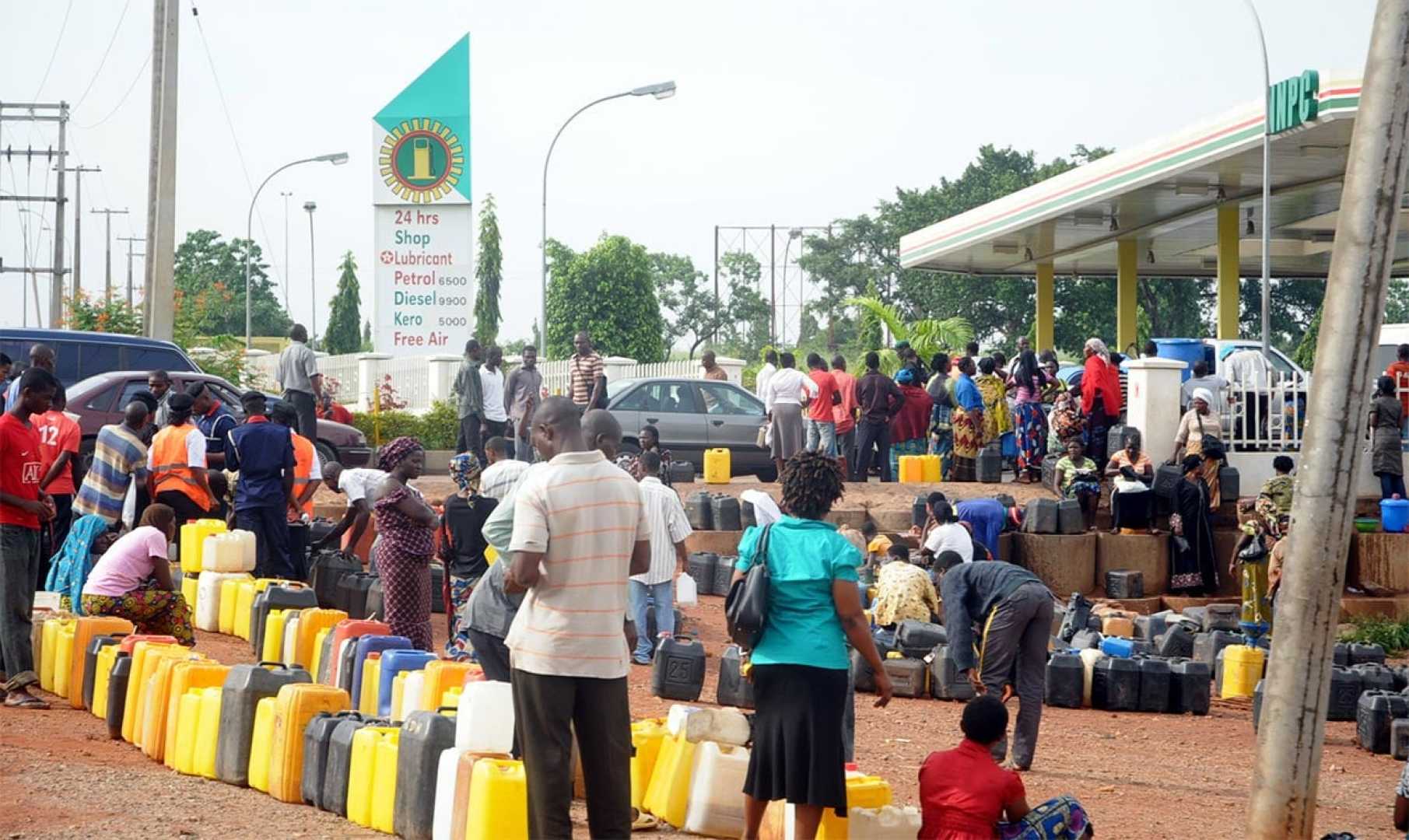News
Nigeria’s House of Representatives Calls for Review of Fuel Price Hike Amid Growing Crisis

The House of Representatives of Nigeria has issued a stern warning regarding the recent surge in fuel prices, cautioning that such an increase could lead to significant social unrest. This comes after a meeting between the Nigerian Federal Government and labor unions ended without resolution concerning the petrol price hike.
Last week, retail outlets of the Nigerian National Petroleum Company (NNPC) raised petrol prices to N1,030 per litre from N897 in Abuja. In Lagos, prices rose to N998 per litre from N868, with similar increases seen in other regions. This second hike in a month culminates in an approximate 14.8% increase.
The societal impact of the price rise is apparent, with higher transportation and food costs reported nationwide. The Nigeria Labour Congress and Trade Union Congress are among labor organizations demanding an immediate rollback of the fuel prices.
During a plenary session, the House of Representatives urged the Federal Government to reverse the increased prices of petrol and cooking gas, citing economic difficulties faced by citizens. This resolution followed a motion proposed by House Minority Leader Kingsley Chinda, who stressed the financial burden on Nigerians due to the rising cost of essentials.
Chinda, a member of the Peoples Democratic Party, criticized the government’s previous strategies, such as the announced repairs of domestic refineries, as ineffective, attributing the rising costs to fuel subsidy removal and global oil price volatility.
House Minority Whip Ali Isa highlighted the suffering caused by frequent fuel price increases, urging policy revisions to alleviate the economic impact on Nigerians. Similarly, Yusuf Gagdi, representing Plateau State, emphasized the need for government intervention to improve citizens’ welfare.
The House’s motion also called on the NNPC and other relevant agencies to expedite the repair of domestic refineries to reduce dependency on imported petroleum products. Additionally, it urged the Central Bank of Nigeria to implement policies to mitigate inflation effects on essential goods and services.
In response to union demands, the government, led by key officials including Secretary to the Government of the Federation George Akume, engaged in discussions with labor leaders in Abuja. However, no consensus was reached, as union representatives maintained their opposition to the price hikes.
Minister of Information Mohammad Idris stated that the government plans to maintain ongoing dialogue with labor leaders. Meanwhile, Finance Minister Wale Edun defended the administration’s economic decisions, assuring that these would eventually benefit the country’s growth and stability, despite current challenges like inflation.












